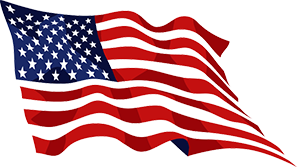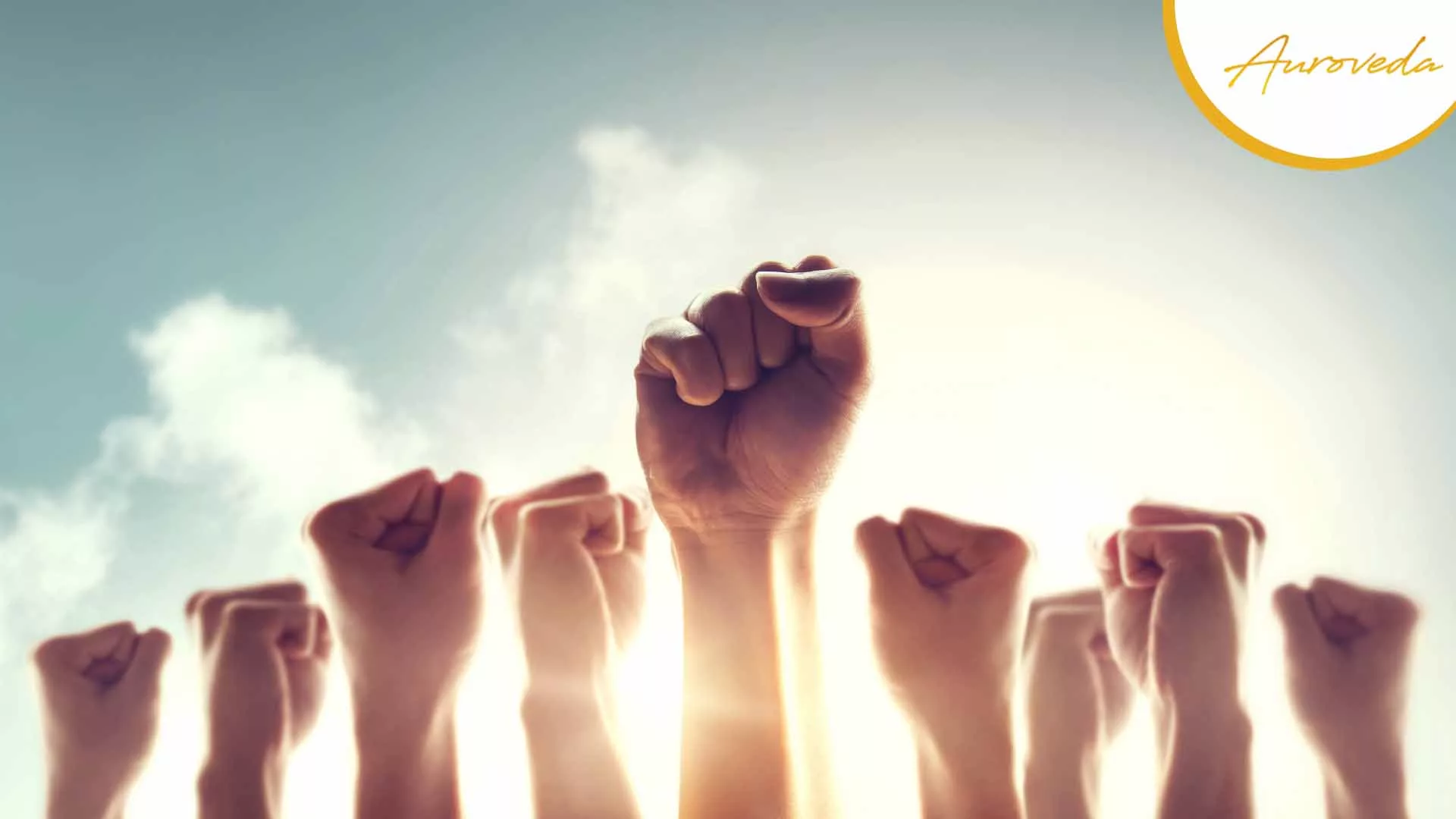Human rights are an essential part of life for everyone. They are the basic rights and freedoms that everyone is entitled to, regardless of race, gender, language, ethnicity, or any other status. Human rights protect us from discrimination, abuse, and exploitation. They are fundamental to our existence and fundamental to the values of justice, equality, and dignity. Human rights are universal, meaning they are applicable to all people, everywhere. They are also inalienable, meaning that no one can take away your human rights, no matter what. Human rights are an essential part of our lives and they must be respected, protected, and promoted in order to ensure that everyone can live a life of dignity. Non-profit organizations like Auroveda exist to protect these rights in every way possible and give underprivileged citizens a chance of experiencing them.
What are Human Rights?
Human rights are a set of rights that every person has simply because they are human. Everyone is entitled to these rights no matter where they live, the color of their skin, their religion, whether they are male or female, young or old, etc. These rights are not just for the rich or citizens of certain countries. Human rights are not privileges that governments or societies grant to people. They are basic rights that people are born with and are not able to give away or lose. Governments and societies must protect these rights, and if necessary, provide remedies when they are violated. All people have the same human rights and are entitled to the same level of protection.
Read more Blog : Know Everything About the Right to Education Act (2009)
Human Rights Categories
There are 3 basic categories of human rights.
- Civil and political rights
- Economic, social, and cultural rights
- The right to development
Civil and political rights include the right to life, equality before the law, the right to a fair trial, freedom of thought, religion, and association, freedom of speech and the press, peaceful assembly, and the right to move around freely. Economic, social, and cultural rights include the right to education, the right to health care, the right to an adequate standard of living, the right to food, and the right to water. The right to development includes the right to a clean and healthy environment and the right to participate in economic, social, political, and cultural life.
How to Protect and Promote Human Rights
– Education
It is important to educate people about their human rights, so they know what they are entitled to and can protect them.
– Dissemination
This means making information accessible to everyone, so they can learn about their rights.
– Advocacy
This is when people campaign to promote certain rights. This can be done through lobbying or public demonstrations.
– Legislation and policies
Governments can protect and promote human rights through legislation and policies.
– Civil society
This is made up of organizations that defend and promote human rights. They include NGOs, social movements, trade unions, and faith-based organizations.
– International human rights standards
The Universal Declaration of Human Rights and other international human rights standards provide a common language that people, governments, and organizations can use to talk about human rights.
The Universal Declaration of Human Rights is the most widely accepted and used human rights document in the world. It was adopted by the United Nations General Assembly in 1948 and has been translated into more than 300 languages. The rights in the Declaration are not new but have evolved over time as societies have moved towards greater equity and social justice.
These rights are the foundation on which a more humane, just, and peaceful world can be built. There are many challenges to human rights, including terrorism, racism, climate change, and economic inequality. Human rights defenders, people who campaign for human rights and defend people’s rights when they are harmed, face many challenges. These include threats, intimidation, and violence. In order to address these challenges and protect and promote human rights, people must know their rights and be ready to stand up for them. Empowering young children and providing vocational training is important to raise awareness amongst the underprivileged sections of our society.

